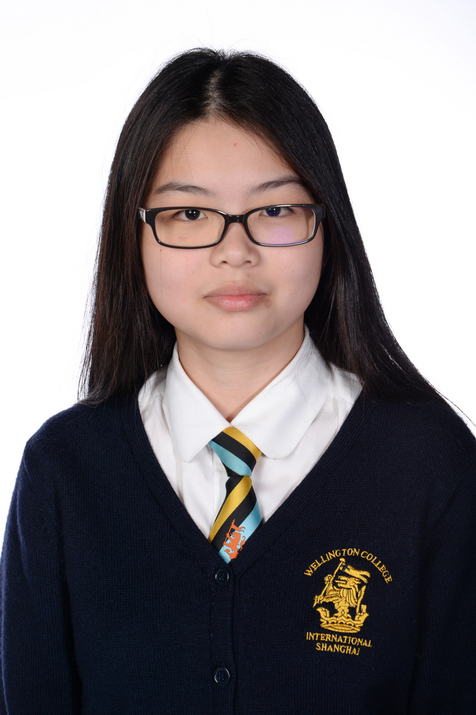Critical thinking skills, preparation through research, articulate speech and public speaking expertise are merely the tip of the iceberg when it comes to the lifetime benefits we can gain from debating. Here we talk to some of Shanghai’s top young debaters who provide their insights into joining school debate clubs, while also sharing their most memorable experiences.
 To give our readers a comprehensive picture of these great debaters, we speak with Shayna, who is from Wellington College International Shanghai.
To give our readers a comprehensive picture of these great debaters, we speak with Shayna, who is from Wellington College International Shanghai.
How long have you been debating? And what was it that made you interested in this activity?
I have been debating competitively since April 2017; yet I’ve been voicing out my opinions since I could talk, as my parents have always encouraged me to speak up for my beliefs. The point I started to get serious was when I watched the finals of the World Schools Debating Championships on television – Singapore vs Canada, on the Universal Basic Income – and found myself hooked. It was fascinating to see how the arguments were being built up, defended and then torn apart.
What does your training in debate club involve?
We alternate between a formal debate and a training session. The former involves judging and detailed feedback and the latter ranges from seminars on argumentation to debate games.
My favorite game is the quick verbal spars (nicknamed rebuttal tennis) – where a debater must provide a snappy one-pointer within 10 seconds, or raise as many points of information as possible during the opponent’s speech.
Your first competitive debate was at the World Scholar’s Cup 2017, and you performed very well indeed! Did you have any specific goals in mind before the competition?
Thank you! Given that it was my first debating competition, I was less concerned with ‘winning’ and more about the experience itself – interacting with and learning from other strong debaters. I was honored to make it to the debate showcase and yet humbled by the quality of the other participants; it was an inspiration and a great boost to my confidence and commitment to debating.
You are from Singapore; do you think your multicultural background provides you a different perspective when discussing a topic?
Definitely. I have been exposed to a wide range of beliefs and viewpoints, and this has helped significantly when considering an issue and its impact on various stakeholders. Such a background also taught me to respect different opinions regardless of whether I subscribe to them. Being multicultural has made me more empathetic both as a person and a debater.
What do you most enjoy during a debating session?
I enjoy quick verbal sparring best – free from the formality and pressures of a structured debate and it’s excellent training for thinking on one’s feet. It taught me that without a strong point as a backbone, an argument, no matter how well presented, will be easily defeated. In addition, it taught me that there is no contention that is insurmountable. I really love debate games because they bring the club together and allow us to hone our skills while still having fun. Also, when pressed for time, the funniest arguments do tend to emerge; on resource exploitation in Antarctica, one desperate debater blurted out that “penguins have feelings too!”
What topics do you think are worth debating among students?
The purpose of debate is to prompt understanding and analysis, and potentially spur changes. As such, I believe that it is important for the issues of tomorrow to be discussed by the youth of today.
Personally speaking, I have a soft spot for ethical debate as opposed to highly technical ones. Ethics and philosophy underpin everything – they are what make us human. Motions commonly involve the morality of new technology and my personal favorite debate was on developing a technology for communication with the deceased.
For beginner debaters, I would start with relatable issues to spark interest, for example, the ubiquitous school uniform topic.
Has joining the debate club benefited you in any way?
I’ve learned how to put across my opinion in an eloquent manner, to think independently and to keep an open mind. I also learned how to think critically – to consider things from multiple viewpoints before making a judgement. These are invaluable skills that are transferable across a variety of fields. I would encourage all students to at least give debating a go. I believe that everyone has an argument worth listen-ing to.
Shayna Leng is in Year 9 at Wellington College International Shanghai.


















